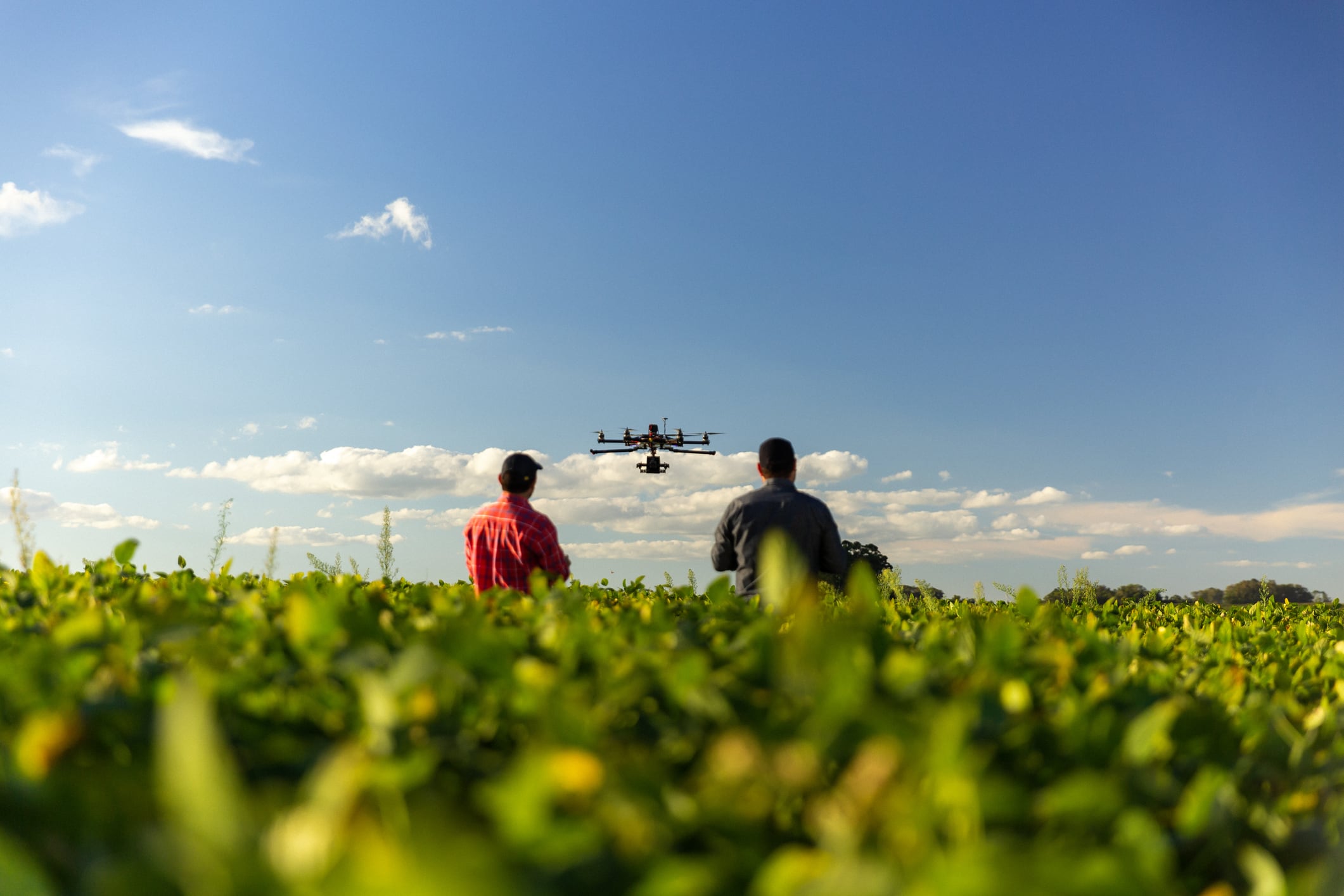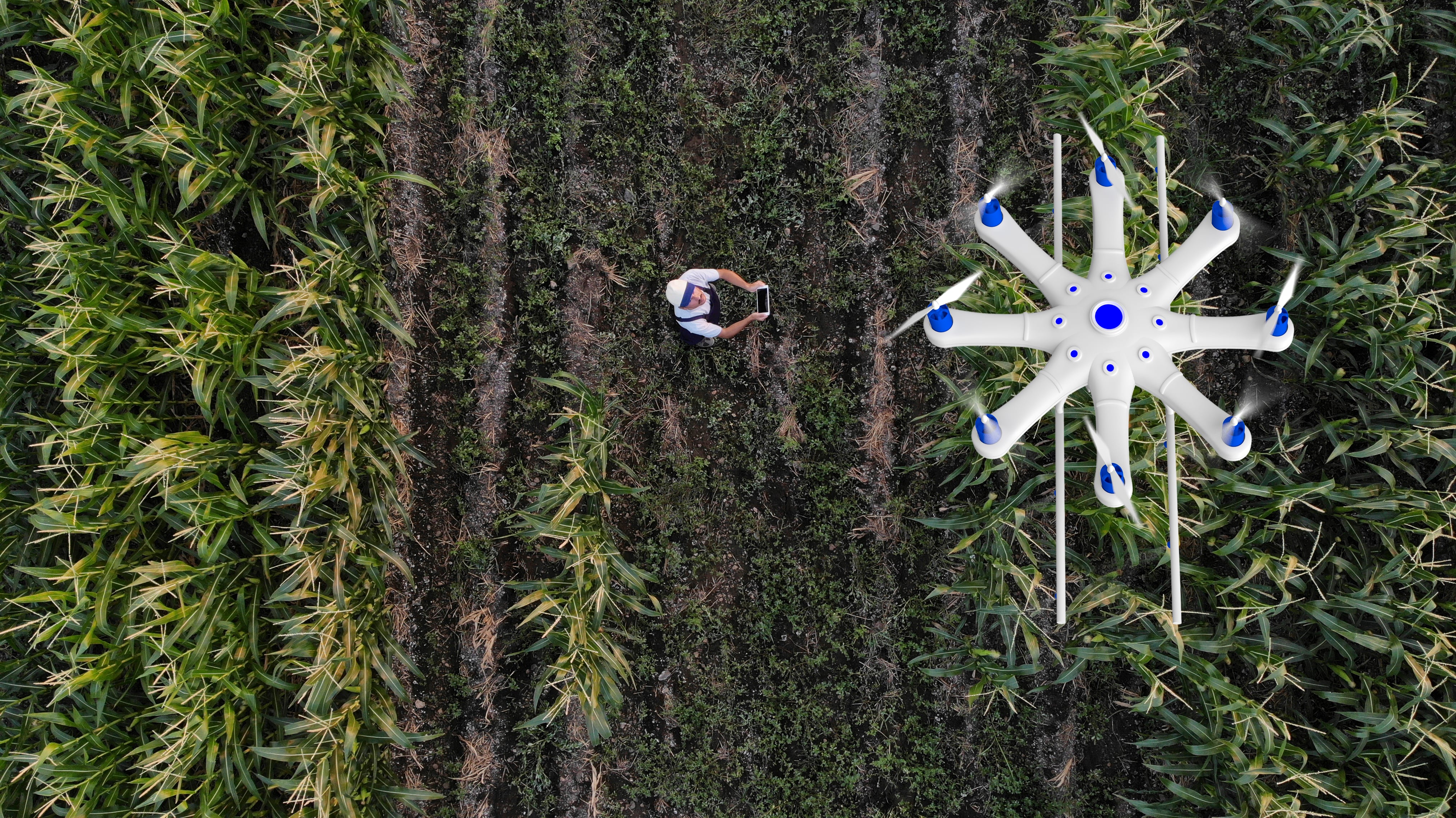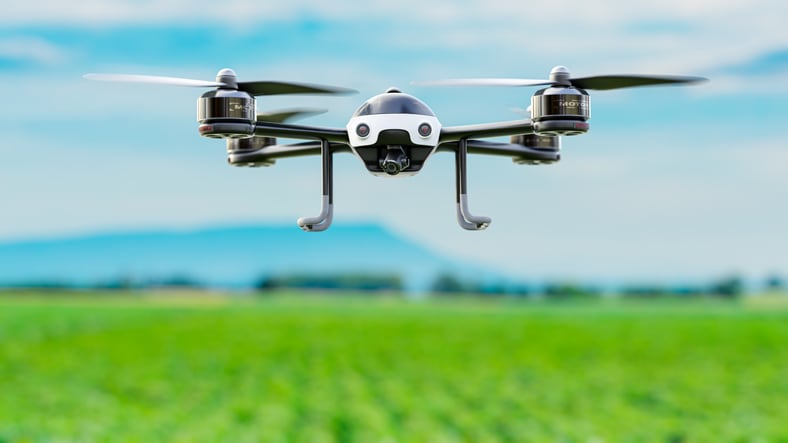US drone start-up Guardian Agriculture shut down after failing to secure the necessary funding to continue operations, it was revealed last week.
Founded in 2017, the Massachusetts-based firm made large autonomous drones for aerial spraying in commercial-scale farming.
Despite significant venture capital investment (over $51.7 million raised) Beckwith said that without more capital the company was not moving as fast as it needed to move.
“In retrospect, $50 million was too little capital,” he told AgTechNavigator. “If we’d had $200 million dollars as a ballpark figure, we could have afforded some of the mistakes and learned stuff. It would have allowed us to invest a lot earlier on in things like hardware and increasing reliability. Those things are just really expensive.”
Less capital meant the company had to plan more conservatively, he said, resulting in slower cycle times. “That meant that we didn’t make some deadlines. More capital would have meant we had more talent to throw at a problem.”
China threat
The company faced intense competition from low-cost Chinese drone models, particularly those from DJI, which dominate the US agricultural market. Guardian Ag actively advocated for restrictions on Chinese drones, citing national security risks and unfair market dynamics due to Chinese state subsidies.
Beckwith denied the product was too expensive for US farmers. “Our vision was something that people were willing to pay more for,” he said. “The problem was that we got to market too slowly.”
US policy bottlenecks
Neither was the US policy and regulatory environment conducive to success, Beckwith added. Federal Aviation Administration (FAA) approval for nationwide drone operations took two years, he complained.
President Trump’s June 2025 executive order accelerates permissions for Beyond Visual Line of Sight (BVLOS) flights. “We would have liked to have seen that come out 18 months ago,” Beckwith told us. “That will solve some of the problems that Guardian faced in terms of the delays with permissions.”
He repeated his criticisms that China enjoys unfair advantage in the US drone market thanks to its dominant market share, lower production costs, and government subsidies.
“The realty is with China’s unfettered access to the market, American companies will never get to scale,” he said. “Had we had a fair competitive environment from the beginning and drones were encouraged and developed in the same way they were in China, I think we’d be in a very different reality right now.
“Every start-up is gonna make mistakes. The delays and regulatory policy just left us with no margin for error and it’s a shame because we’ve lost some great people and great technology.”
VC model under fire
Guardian Ag’s closure comes amid continuing questions about whether the traditional VC model is the best fit for the agtech sector. These funds usually have a lifespan of around 10 years. Given the timelines in agriculture, some doubt if this provides the time to deploy the capital and make a return.
Beckwith said he agreed with InnerPlant’s cofounder and CEO Shely Aronov who recently wrote that VCs should still chase agtech Cinderellas.
“For us I don’t think there was another choice or another business model out there,” Beckwith said.
He added: “China’s been doing industrial policy that’s designed in my view to decamp American critical technologies. America needs to cotton on to that and respond. And then I think venture can be powerful. But venture only works with the right incentives, and China took away those incentives for Western venture capitalists to invest in drones.”




